
Christopher A. McNally, Professor of Political Economy, Chaminade University
Oct 10, 2025
After months of escalating tariffs and retaliatory measures, China and the United States have reached a fragile truce that has begun to stabilize their trade and technology relationship. While tensions over chips, rare earths, and agricultural exports persist, both sides now recognize their mutual vulnerability, creating a cautious but potentially durable détente rooted in economic deterrence rather than dominance.
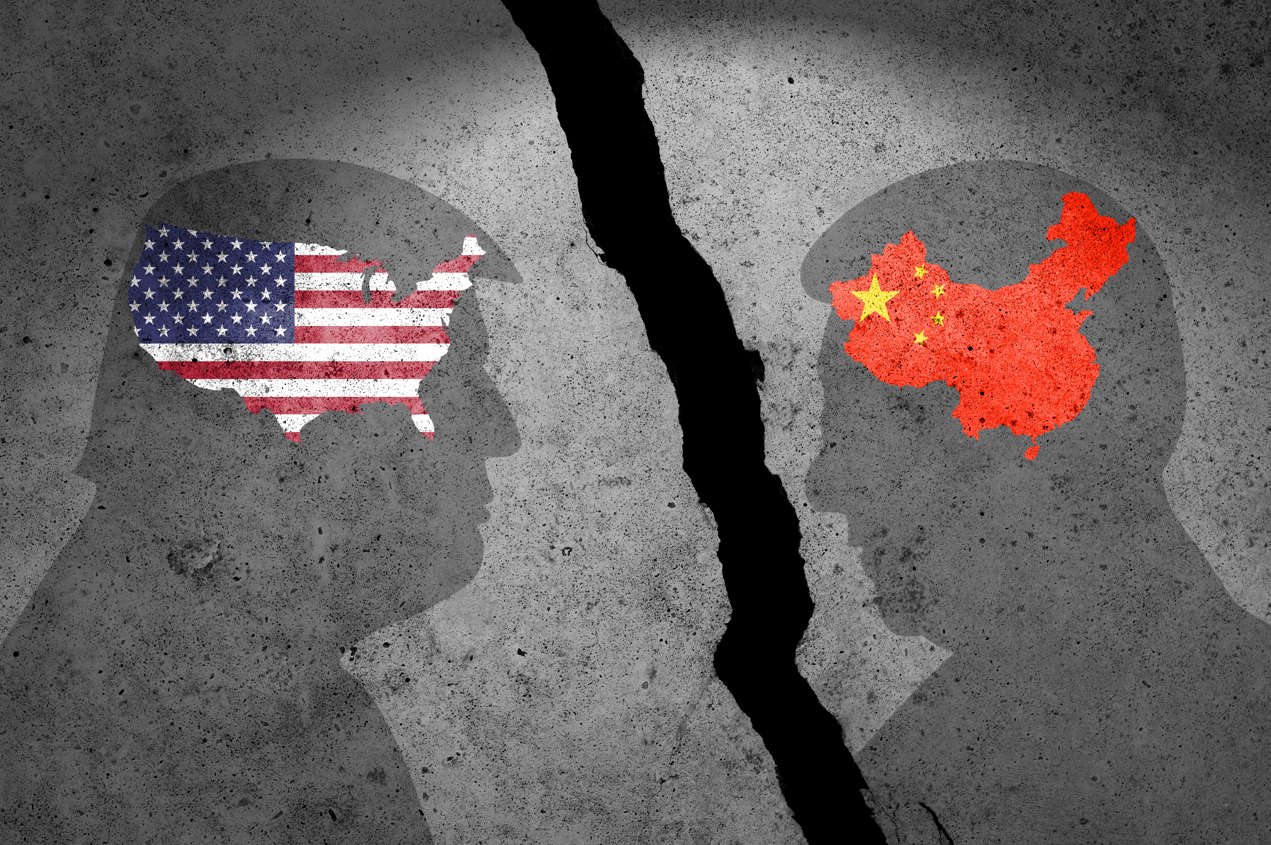
Brian Wong, Assistant Professor in Philosophy and Fellow at Centre on Contemporary China and the World, HKU and Rhodes Scholar
Aug 27, 2025
Conventional thinking would assume the Trump administration’s haphazard approach to China will become an articulated stance at some point, but the U.S. president is anything but conventional.
Earl Carr, Founder and Chief Executive Officer at CJPA Global Advisors
Jonah Kim, Analyst
Jul 29, 2025
Since the U.S.-China trade war began in April, Chinese companies have faced high tariffs and economic uncertainty, prompting them to reshore production to the U.S., shift manufacturing to developing countries, and diversify into other markets. Despite higher costs and regulatory challenges, they are balancing supply chain stability with expansion in Latin America, Southeast Asia, and Europe to maintain their low-cost business models.
Stephen Roach, Senior Fellow, Yale University
Jul 28, 2025
While no one has waved an official checkered flag in the Sino-American race for AI supremacy, the markets are betting that the United States will prevail. The chipmaker Nvidia recently became the world’s first $4 trillion company (and its CEO, Jensen Huang, has acquired global rock-star status). Microsoft, the biggest investor in OpenAI’s for-profit entity, is not far behind, with a valuation of $3.7 trillion.
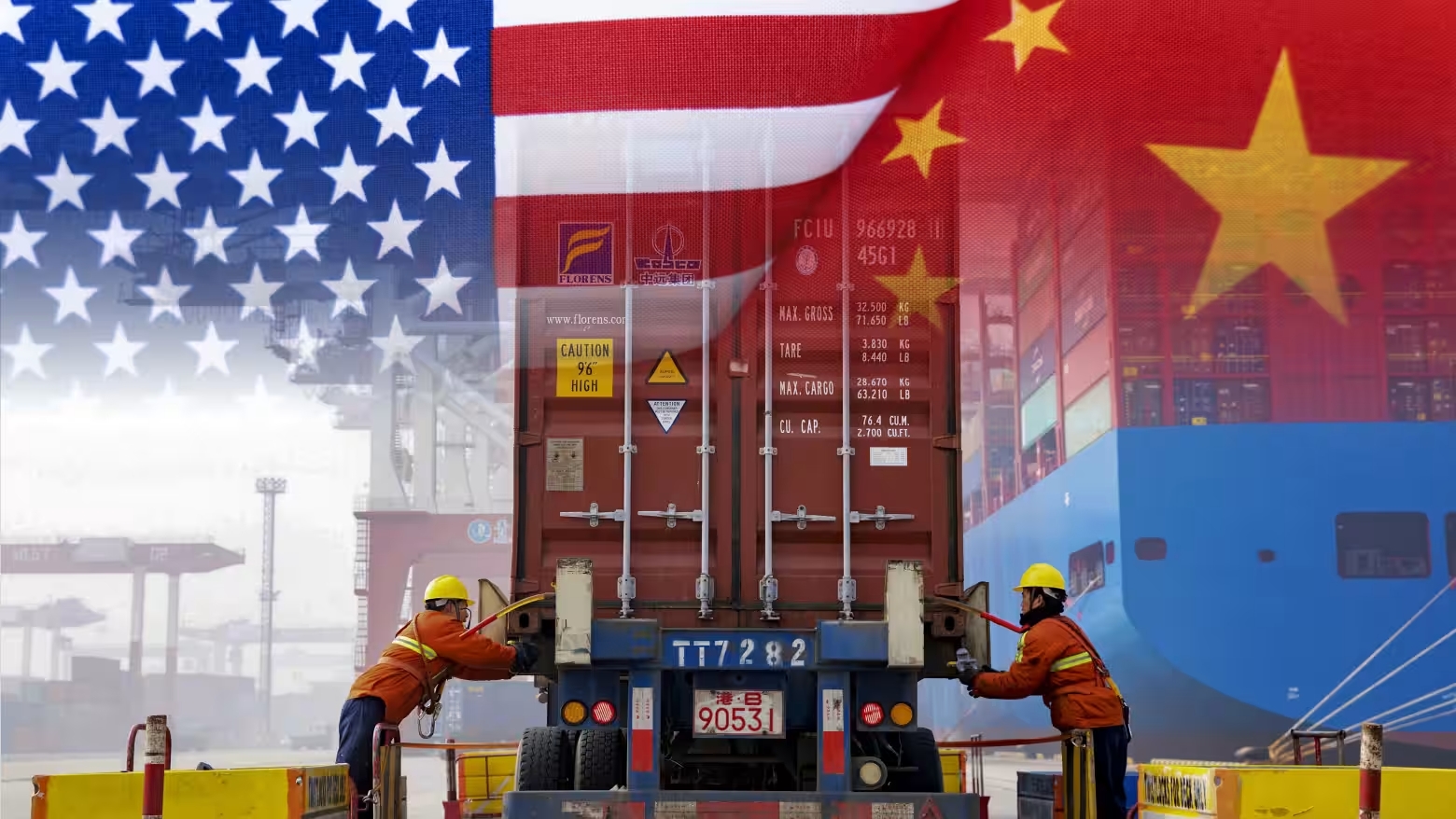
Sujit Kumar Datta, Former Chairman of Department of International Relations, University of Chittagong, Bangladesh
Jul 28, 2025
The intent of the United States was to coerce China into making concessions. But this didn’t work. China was only inspired to reach out to other trading partners and become more independent through home-grown technological development.
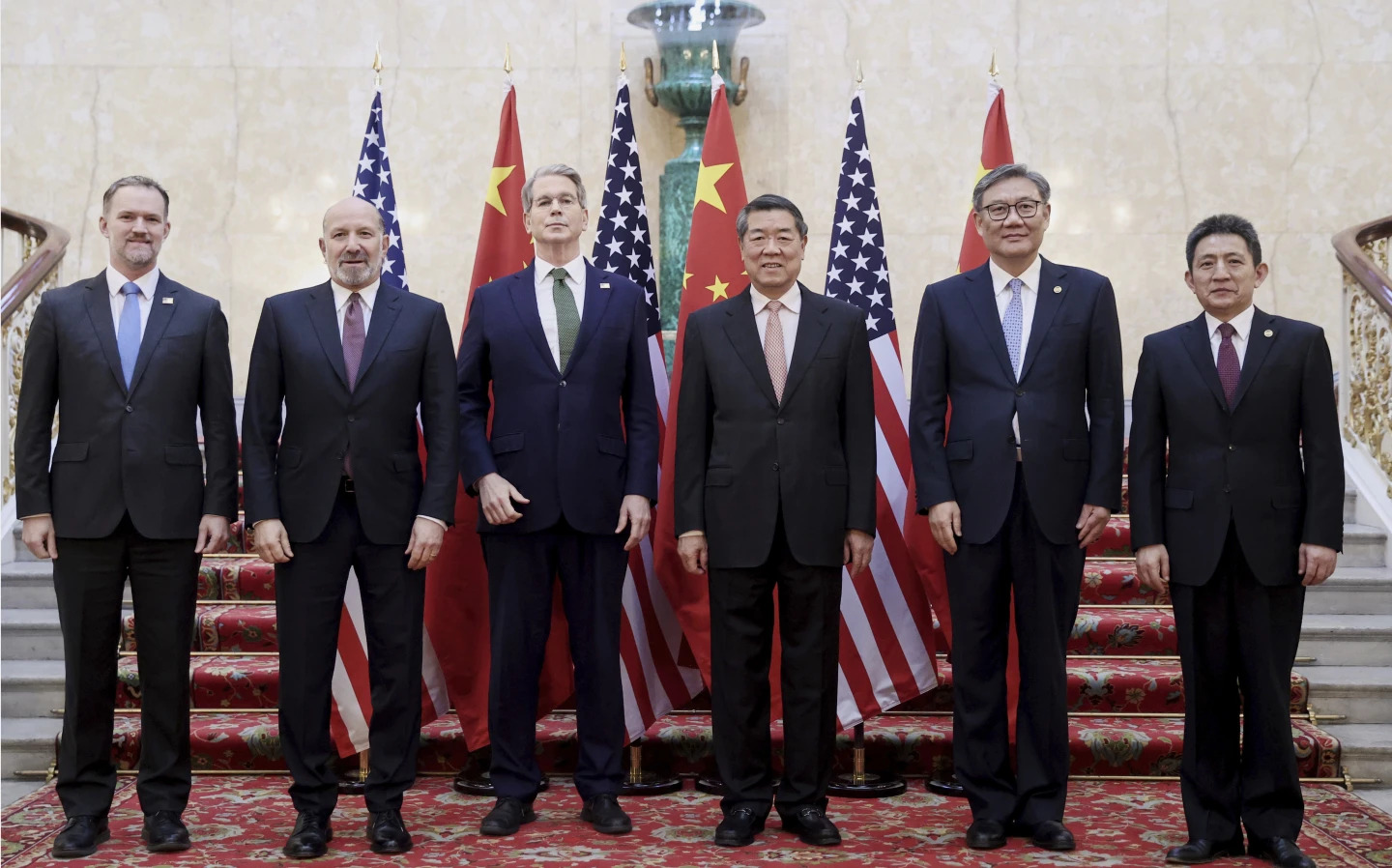
Brian Wong, Assistant Professor in Philosophy and Fellow at Centre on Contemporary China and the World, HKU and Rhodes Scholar
Jul 11, 2025
A new global stage is clearly being set as Western powers begin to react to China’s rivalling interests, and the U.K. may be positioning itself as a middle ground for the 21st Century.
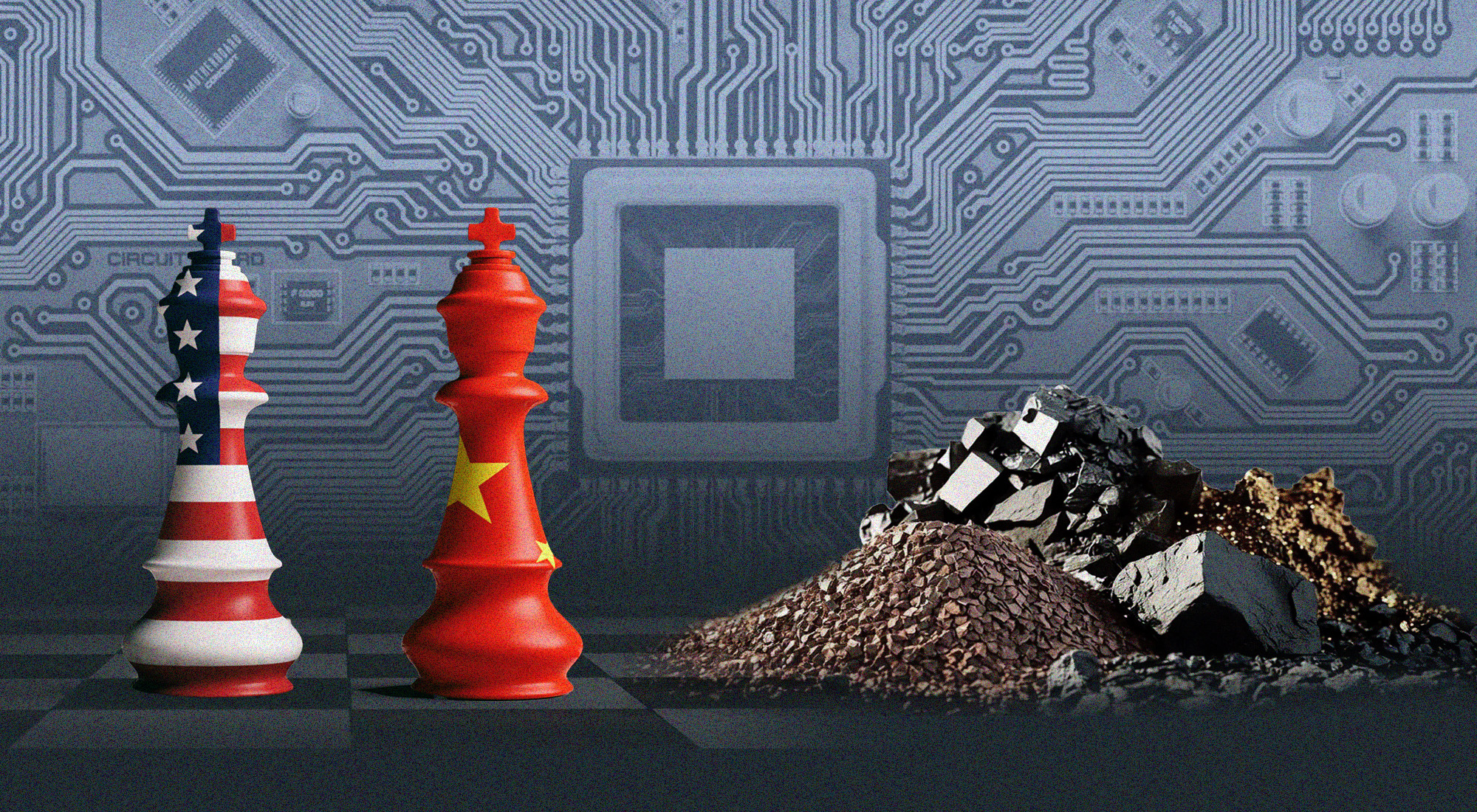
Warwick Powell, Adjunct Professor at Queensland University of Technology
Jun 30, 2025
The genius of China’s approach is that it never triggers a full-scale crisis. It ensures that American companies and politicians exist in a state of perpetual anxiety. Inventories shrink to manage costs and procurement becomes a game of roulette. Meanwhile, Beijing can modulate the pressure.
Ghulam Ali, PhD, Monash University, Australia
Jun 17, 2025
U.S. restrictions aimed at obstructing China’s technological development have, in practice, accelerated China’s pursuit of technological self-reliance.
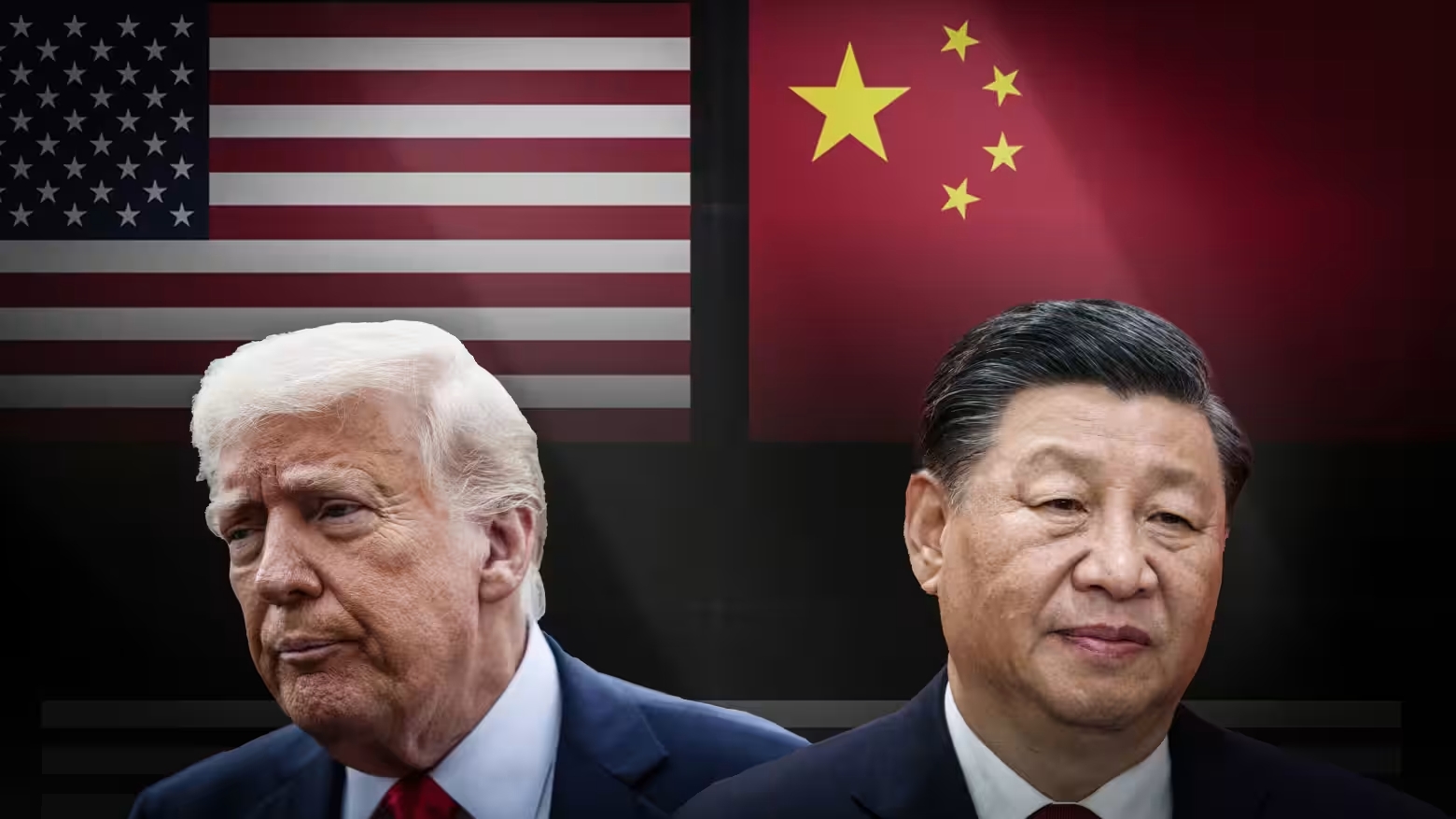
Fu Suixin, Assistant Researcher at Institute of American Studies, Chinese Academy of Social Sciences
Jun 12, 2025
Given the fact that most disruptions in the bilateral relationship originate in Washington, it is essential that the Trump administration apply the consensus reached during the call to its future actions.
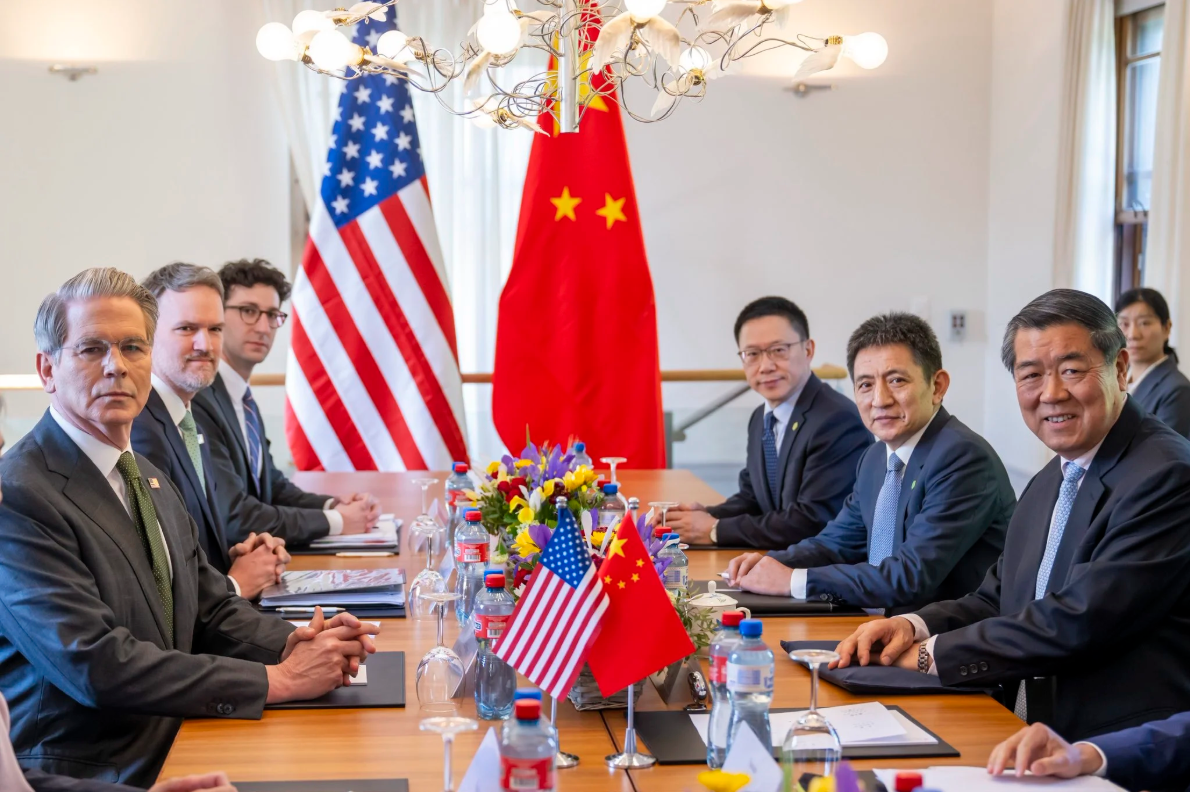
He Weiwen, Senior Fellow, Center for China and Globalization, CCG
May 30, 2025
Values laid out by China and the United States — equality, mutual respect and mutual benefit — will keep trade tensions under control through practical results and stabilize the important trade relationship.
Back to Top

- China-US Focus builds trust and understanding between the U.S. and China through open dialogue among thought leaders.
- Our Offerings
- Topics
- Videos
- Podcasts
- Columnists
- Research Reports
- Focus Digest
- Stay Connected
-
Thanks for signing up!
- Get the latest stories from China-US Focus weekly.